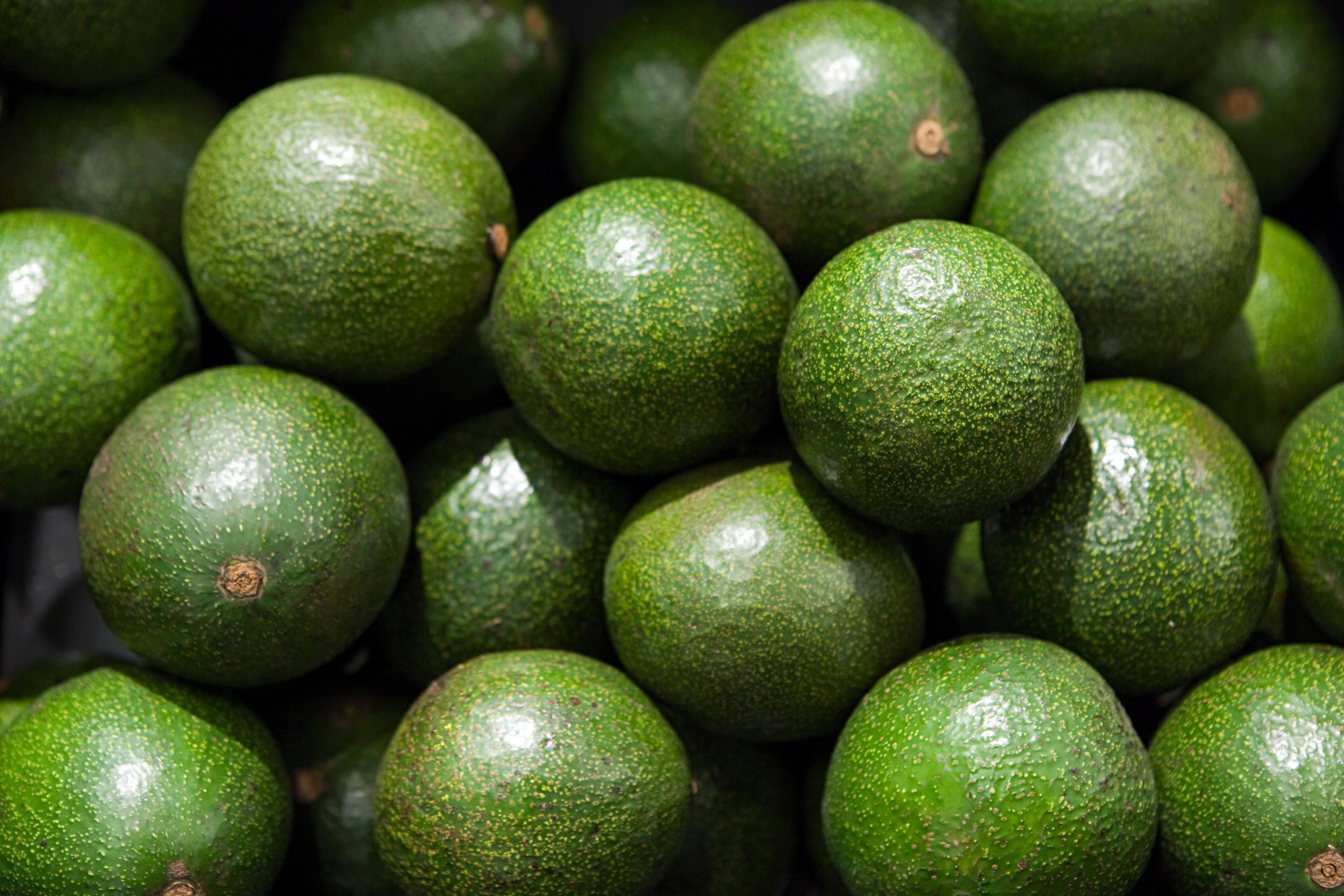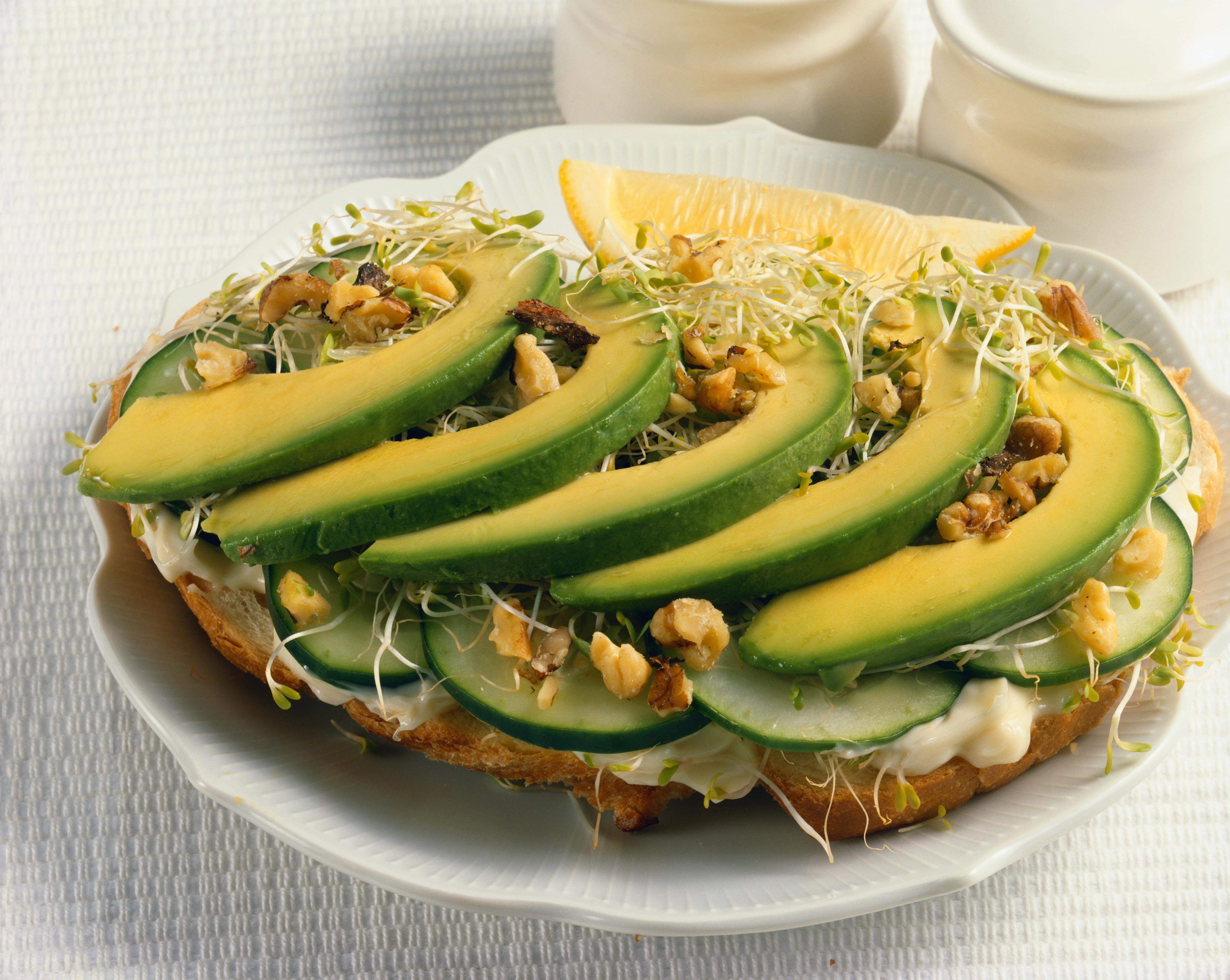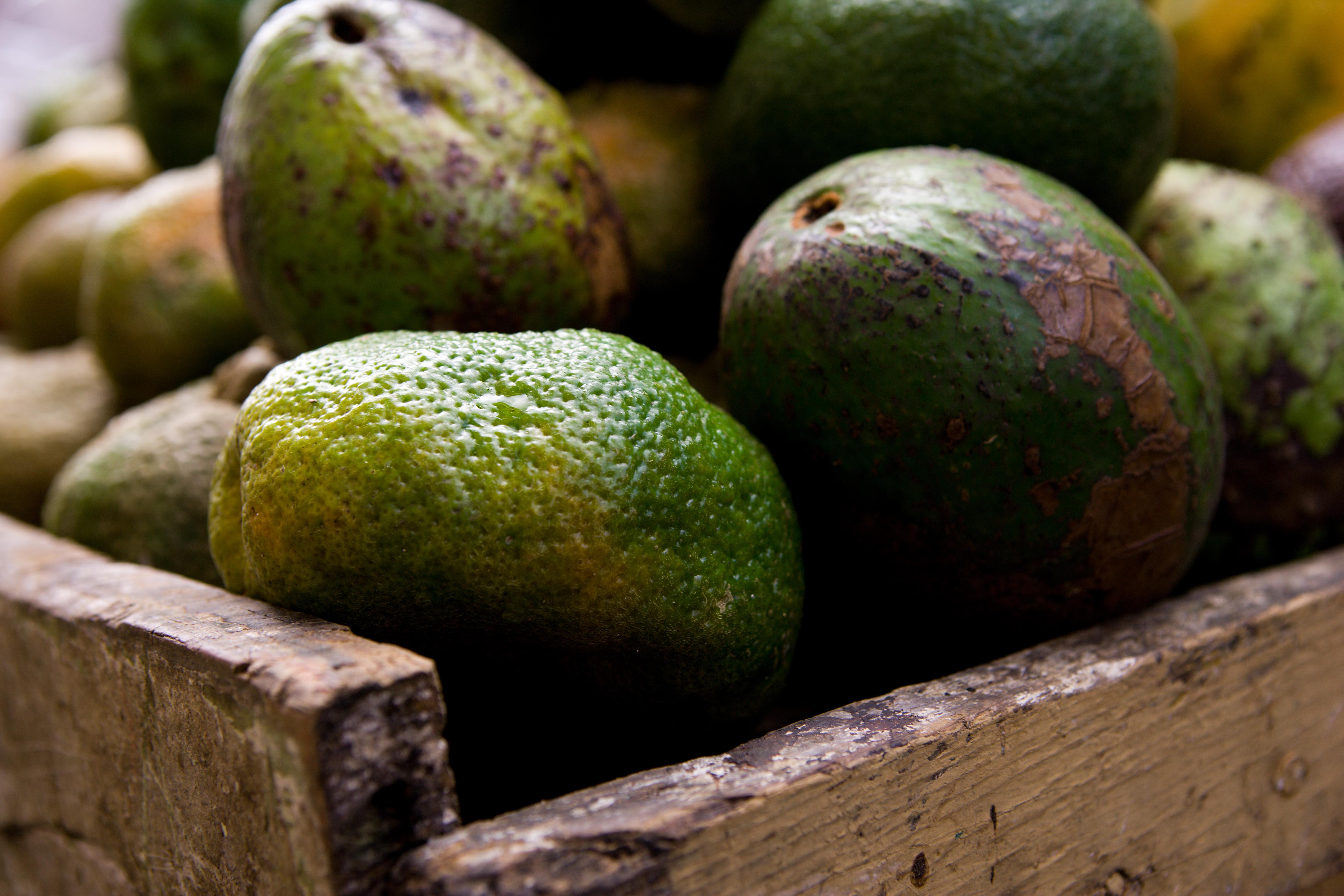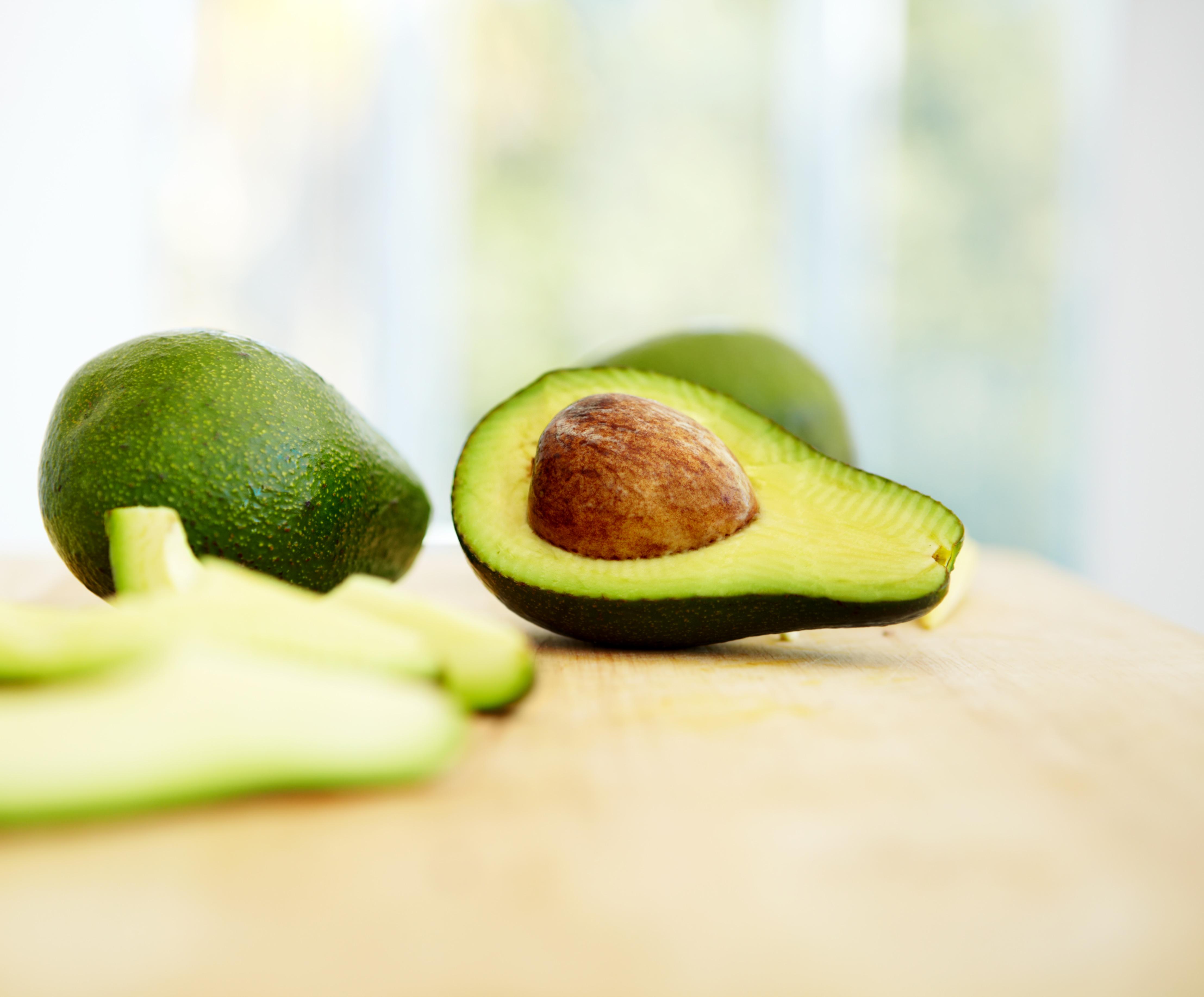Some Vegans Don't Eat Avocados — Here's Why
Published March 19 2021, 12:53 p.m. ET

Wait, what? Surely, you’ve heard the argument of whether an avocado is a fruit or a vegetable — it’s a fruit, for the record — but have you heard the debate on whether or not vegans eat them? Since avocados are not derived from animals. But believe it or not, there is a lot of controversy surrounding the avocado, and some of it pertains how sustainable, ethical, and vegan they are.
The argument is complicated — avocados originate from Mexico, Central, and South America, and today, most avocados in the U.S. are still sourced from Mexico. In fact, the U.S. imported $2.6 billion worth of fresh avocados from Mexico in 2017 alone, according to AGMRC. With the U.S. consuming so many avocados per year, let’s look at why some people criticize the superfood for not being vegan, sustainable, or ethical.
Can vegans eat avocados?

A handful of vegans criticize avocados because they are produced commercially on a very large scale. And to accommodate the supply and demand, growers often rely on migratory beekeeping, according to the Vegan Review. Migratory beekeeping is a method in which beekeepers travel across the country, depending on the season, to facilitate the pollination of different crops such as avocados.
The argument regarding migratory beekeeping relies on two main points: the negative environmental impacts of the practice, and the exploitation of the bees. Because many vegans try to reduce the environmental impacts of the foods they eat and the exploitation of animals, some vegans consider the negative impacts of avocado production to be equivalent to a non-vegan food item.
So, bottom line: avocados are free of animal by-products, but many oof the avocado trees we get fruit from are pollinated by bees from migratory beekeeping. Therefore, they are technically vegan, but some vegans don't approve of how they're cultivated — keep in mind that many other crops, like almonds, also have similar growing methods.
Are avocados sustainable?

In addition to critiques about migratory beekeeping, many people also question the sustainability practices surrounding the food production of avocados. Most U.S. avocados are imported from Mexico, which means they're costly in food miles, or the distance food travels from grower to consumer. For avocados, the average distance is 4,626 miles, according to FoodMiles.com. This is pretty similar for other crops that are grown down south, such as strawberries or pineapples.
Since most avocados are imported to U.S. consumers, this takes away food from local communities, in which avocados are grown. This can contribute to food security problems, according to Sustainable Food Trust. Avocados are also required to travel with water, which robs those local communities of clean H2O.
Are avocados ethical?

When it comes to food production, avocados may not be all that ethical, either. Some have coined the term “blood avocados," the Sustainable Food Trust explains, because USDA inspectors often face trouble from drug cartels and gangs in Michoacán, the city where most avocados in the U.S. hail from.
The region of Michoacán has also experienced an uptick in violence as a result of avocados being so lucrative. Avocados have become a cash cow, which has garnered the attention of organized crime. In order to make money off avocados, gangs can try to gain control of the crop by threatening farmers' livelihoods. Many farmers have had to invest in protecting their avocado orchards at all costs by investing in expensive security and fencing systems.
Race and socioeconomic status also come into play when it comes to buying avocados, particularly in the U.S. Avocados have long been a staple of Latin American culture and diets, but in recent years, white Americans have driven up the prices of avocados at the market, by approximately 440 percent in the last two decades. Now, many marginalized communities, and the people who relied on avocados for food security, can no longer afford to buy them.
The avocado may be controversial, but they are — by nature — vegan. It's simply a personal ethics matter, if you want to contribute to the avocado industry.